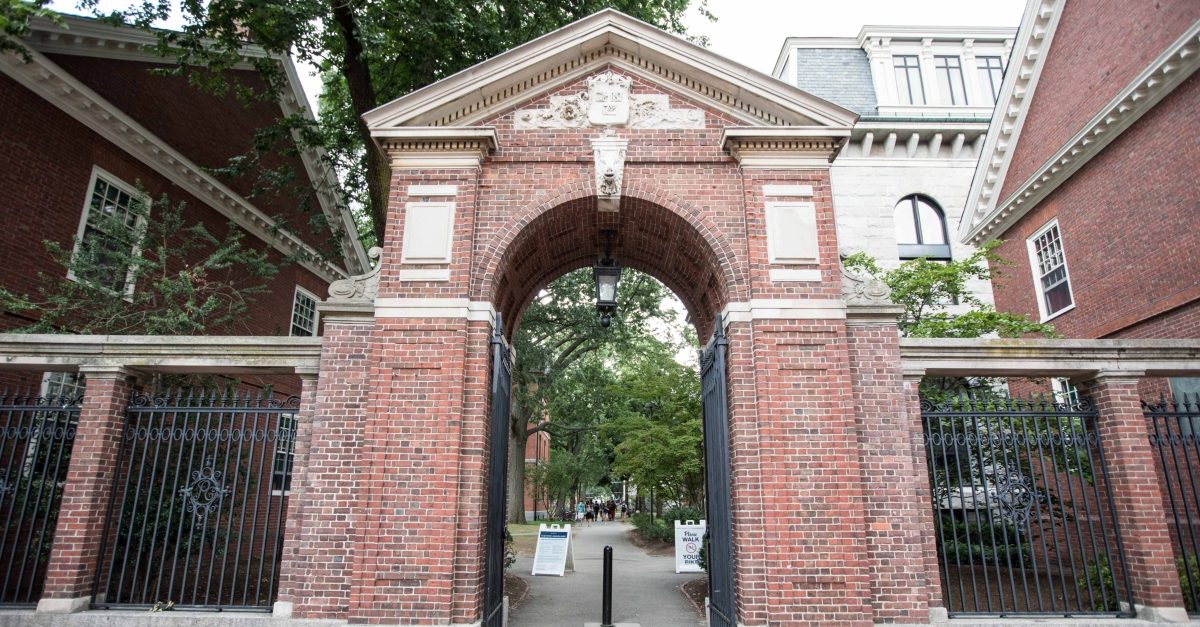
In a 130-page decision, U.S. District Judge Allison Burroughs ruled that Harvard did not discriminate against Asian American applicants, reasoning that the university was entitled to take certain steps toward ensuring diversity in its incoming freshman classes.
Burroughs rejected Plaintiff’s claims that the school had “weaponized” affirmative action certain races, writing that while the admissions process remained “imperfect,” the fact that Asian American applicants were rejected at higher rates than other races was “not the result of any racial animus or conscious prejudice.”
Applying strict scrutiny to the case, Burroughs found that Harvard had passed the test set by the Supreme Court, reasoning that the consideration of applicants’ race was narrowly tailored to achieve a compelling interest.
“The Court finds that Harvard’s admissions program ‘bears the hallmarks of a narrowly tailored plan’ in that ‘race [is] used in a flexible, nonmechanical way’ and considered ‘as a ‘plus’ factor in the context of individualized consideration of each and every applicant […] Harvard ‘engages in a highly individualized, holistic review of each applicant’s file, giving serious consideration to all the ways an applicant might contribute to a diverse educational environment,’” Burroughs wrote.
Burroughs also included an impassioned defense of institutions prioritizing diversity more generally, saying it benefits the overall environment by increases exposure to, and understanding of, different races and ethnicities.
“For purposes of this case, at least for now, ensuring diversity at Harvard relies, in part, on race conscious admissions,” Burroughs wrote. “The students who are admitted to Harvard and choose to attend will live and learn surrounded by all sorts of people, with all sorts of experiences, beliefs and talents. They will have the opportunity to know and understand one another beyond race, as whole individuals with unique histories and experiences. It is this, at Harvard and elsewhere that will move us, one day, to the point where we see that race is a fact, but not the defining fact and not the fact that tells us what is important, but we are not there yet.”
The lawsuit was initially filed in 2014 by the group Students for Fair Admissions. In its initial complaint, the group claimed that Harvard intentionally discriminated against Asian American applicants, pointing to statistics showing they were more likely to be denied admission than applicants of other racial backgrounds.
This year, Harvard announced that Asian-Americans students comprised 25.4 percent of its 2019 incoming class, up from 22.7 percent in 2018, according to NBC News.
Harvard Discrimination Decision by Law&Crime on Scribd
[image via Scott Eisen_Getty Images]